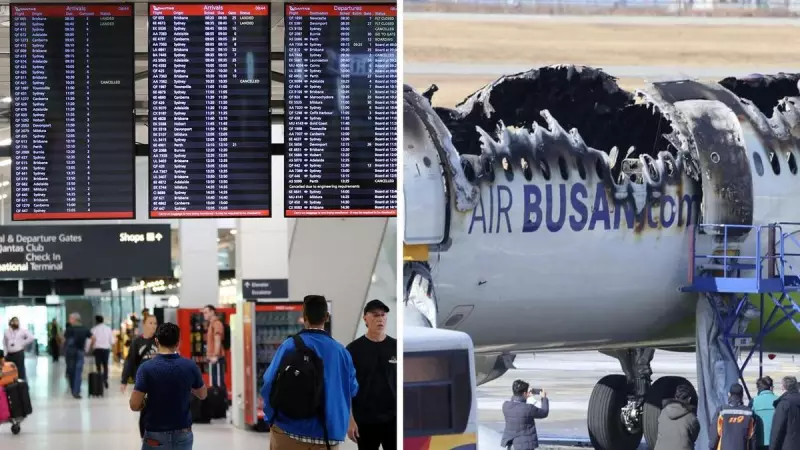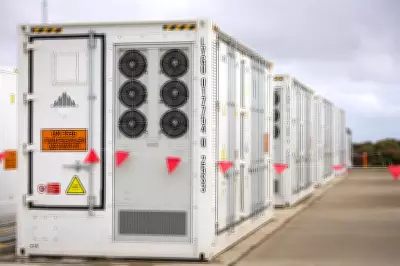
Australian airlines are implementing sweeping bans on the use of power banks during flights following a concerning increase in fire incidents involving the popular charging devices. The new safety measures will affect thousands of passengers who rely on portable chargers for their electronic devices.
New Safety Regulations Take Effect
Virgin Australia will prohibit travellers from using battery packs to charge phones and tablets on flights starting December 1, while Qantas, QantasLink and Jetstar will follow with identical restrictions on December 15. The move comes as airlines worldwide respond to growing evidence of fire and explosion risks from overcharged or damaged power banks.
Under the updated policies announced Thursday, both Virgin and Qantas will restrict passengers to carrying no more than two power banks, with each unit not exceeding 160 watt hours. More importantly, the devices must not be used during flights and will need to be stored within easy reach - either in seat pockets or under the chair in front.
Storage Restrictions and Safety Concerns
Virgin Australia has implemented particularly strict storage rules, prohibiting power banks, spare batteries and even small portable devices from being stored in overhead lockers. Qantas will only permit overhead storage if no other options are available.
"These updates are part of our ongoing commitment to maintaining the highest levels of safety and compliance with international aviation standards," said Virgin Australia chief operations officer Chris Snook. He emphasized that while lithium battery-powered devices are generally safe when handled properly, the new rules aim to minimize potential risks.
The popularity of power banks is undeniable, with more than 40 percent of passengers now travelling with at least one. These devices typically use rechargeable lithium-ion or lithium-polymer batteries that can become highly flammable, explode or release toxic gas if manufactured incorrectly, damaged or stored improperly.
Recent Incidents Prompt Action
The decision follows several alarming incidents that highlighted the dangers of power banks on aircraft. In January, close to 180 passengers were forced to evacuate an Air Busan plane when a fire believed to have started from a power bank in an overhead locker broke out.
More recently, in October, a packed Air China flight bound for Seoul was forced into an emergency landing in Shanghai when a lithium battery inside a passenger's carry-on luggage erupted. Earlier in November, a man suffered burns to his fingers and legs at Melbourne Airport when a power bank exploded.
The Australian Competition and Consumer Commission has issued more than a dozen power bank recalls since 2020. ACCC Deputy Chair Catriona Lowe warned earlier this year that "some consumers have suffered serious burn injuries, and some have had their property damaged because of power banks overheating and catching fire."
Qantas explained that the changes followed a comprehensive internal safety review in recent months and collaboration with industry representatives including Virgin Australia, the International Air Transport Association and Oneworld carriers. The airline stressed that keeping power banks within easy reach ensures crew can quickly identify and respond to any issues that might arise during flight.
Virgin Australia will begin making onboard announcements from Friday to prepare passengers for the December changes, while Qantas will communicate the new rules to customers ahead of their flights, at check-in and in terminals from mid-December.





